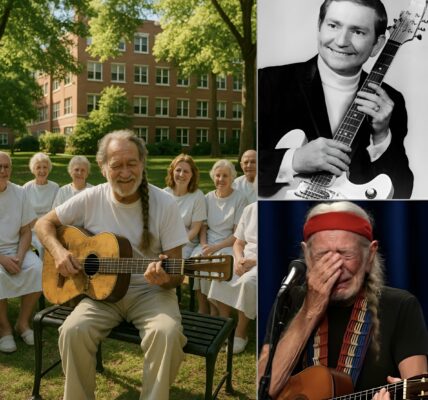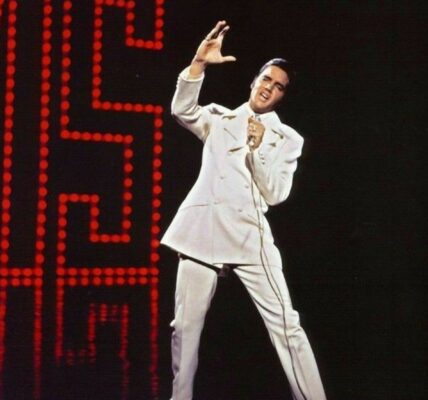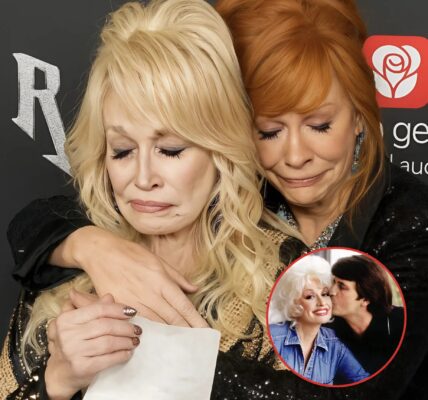
A Song Born of Defiance
Originally written and recorded by Gregg Allman in 1970, “Midnight Rider” quickly became one of the Allman Brothers Band’s most enduring anthems. Its lyrics—haunting, weary, yet fiercely determined—spoke to a man on the run, unwilling to be trapped by the burdens of his past or the chains of society. Over the years, it’s been covered by countless artists, but few captured its renegade essence quite like Jennings.
Waylon’s Outlaw Edge
Jennings approached the song with the same attitude that defined his career: unapologetic, raw, and full of grit. Stripping away polish, he leaned into the track’s restless energy, turning it into something that fit seamlessly within the outlaw country sound he helped pioneer in the 1970s.
His baritone carried the weight of a man who had lived the story. Every line—“And I don’t own the clothes I’m wearing / And the road goes on forever”—resonated with authenticity, as though Jennings wasn’t just singing the words but living them.

Blending Rock and Country
More Than a Cover—A Statement





